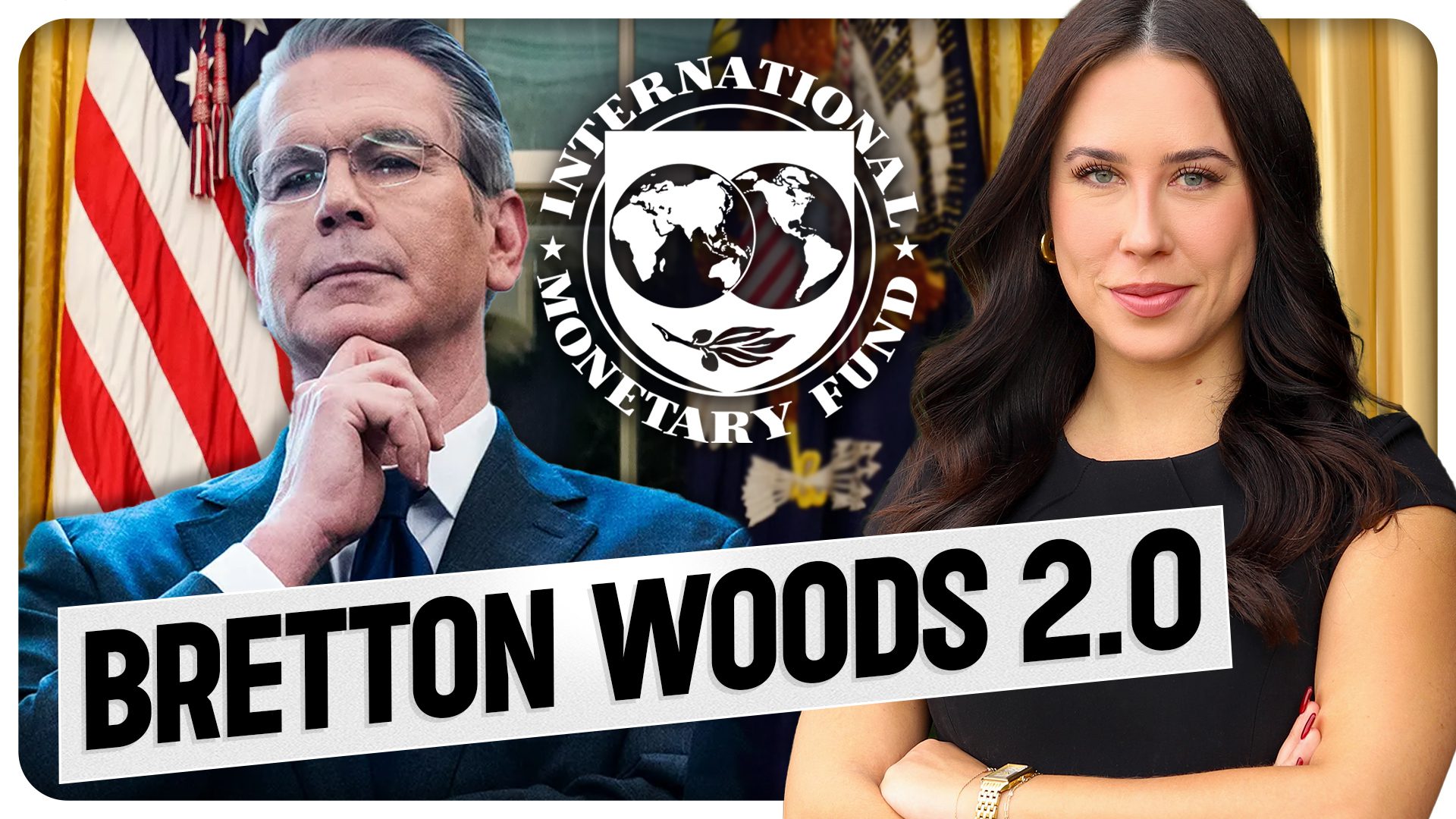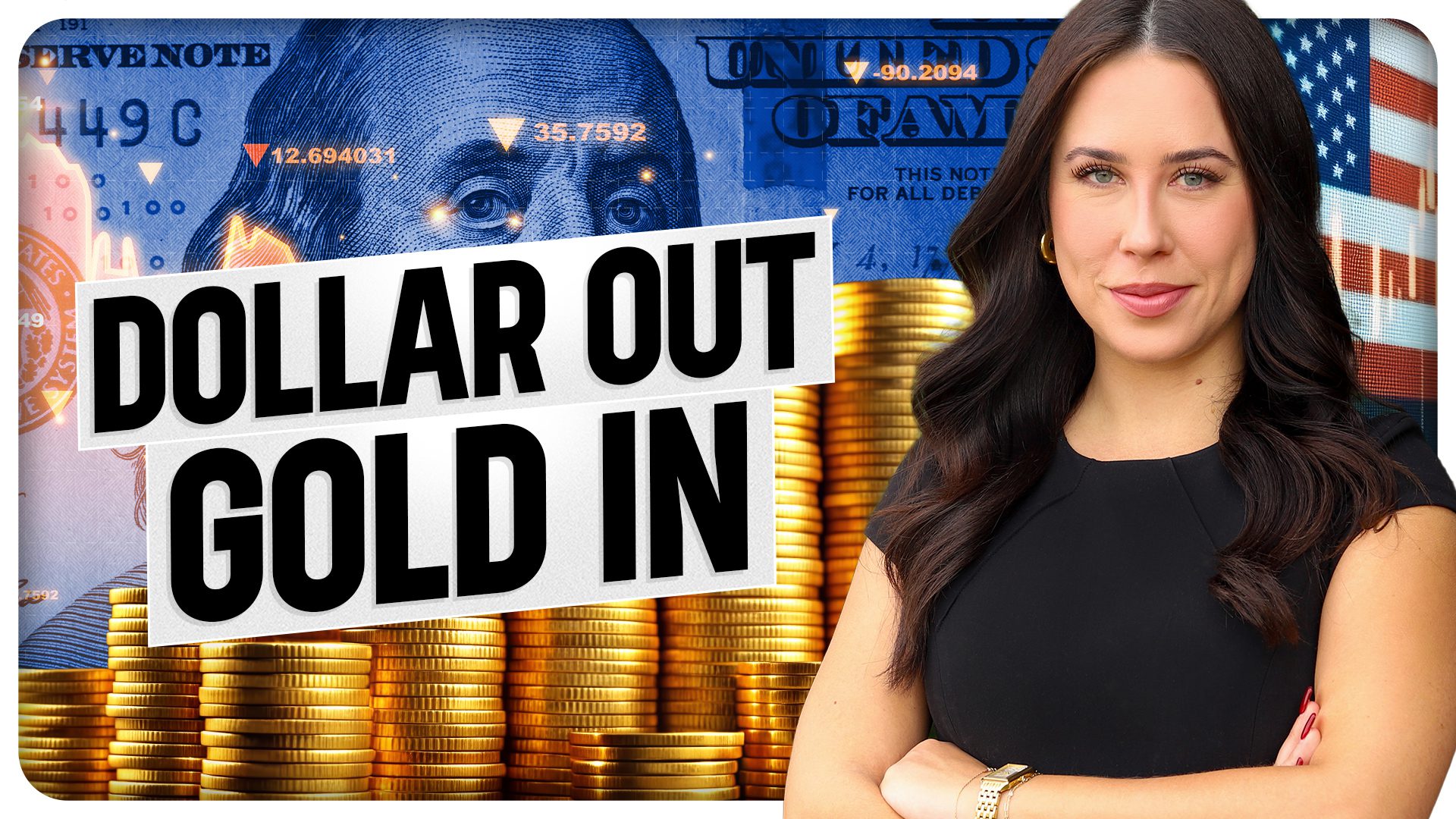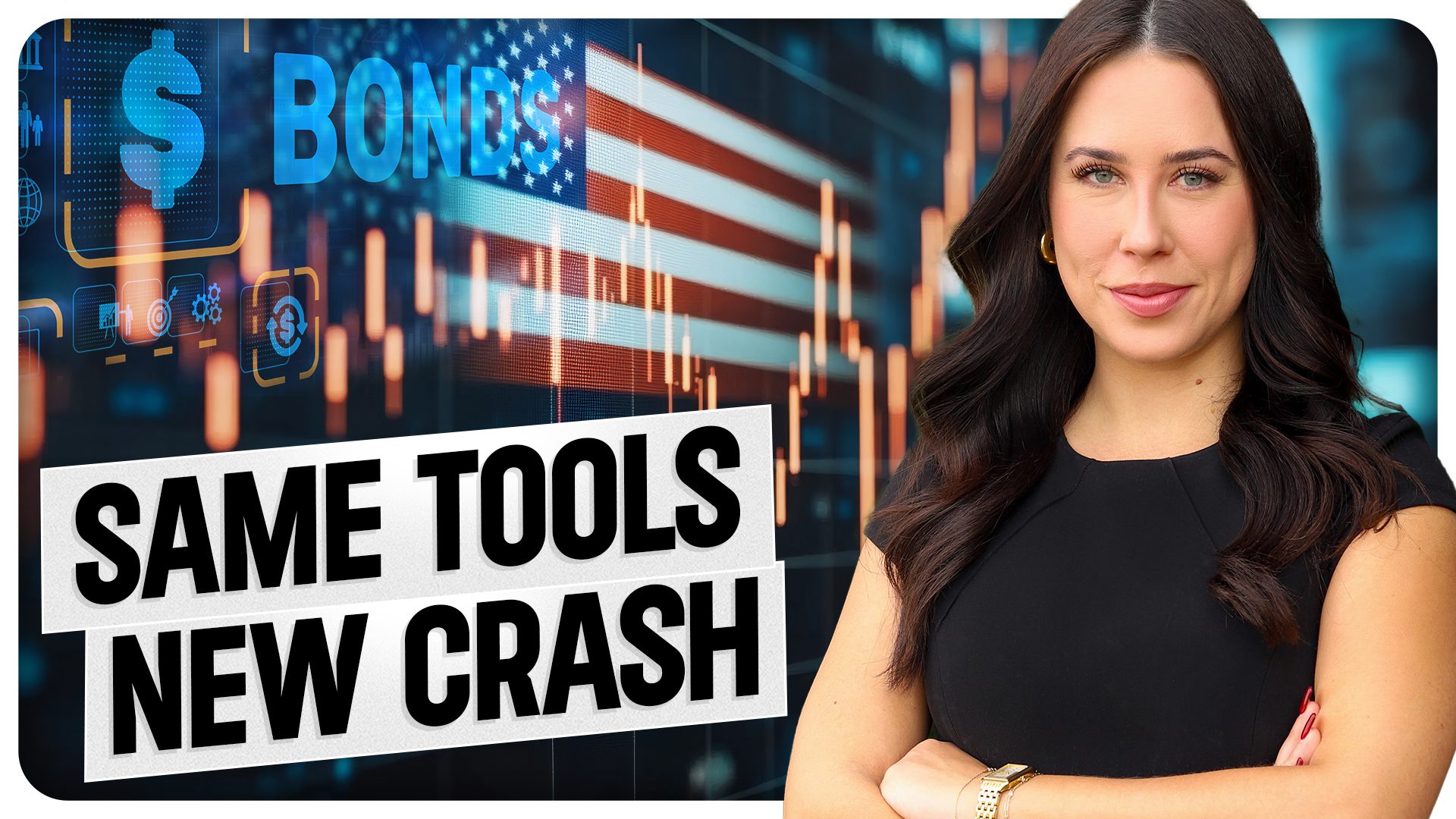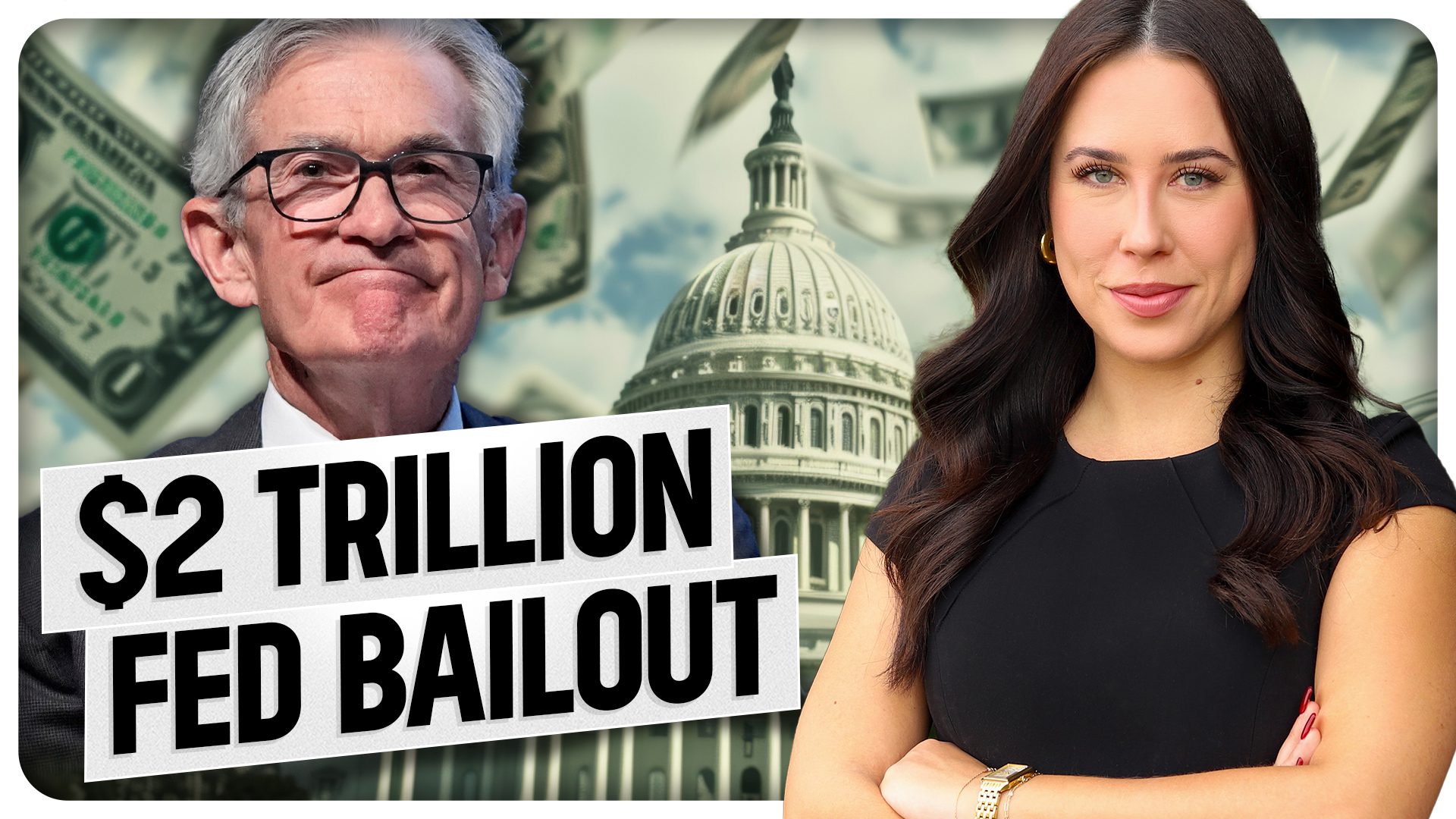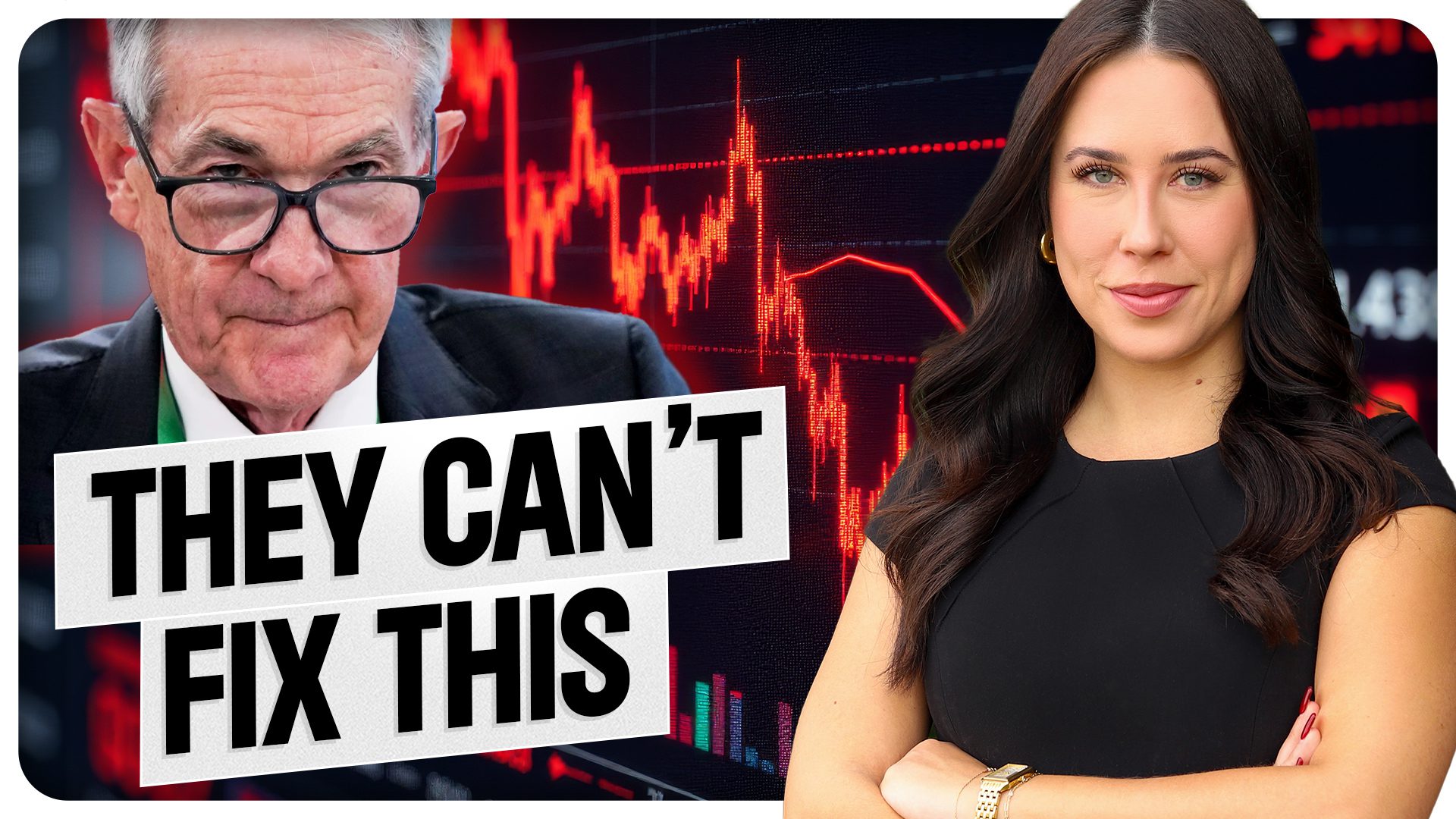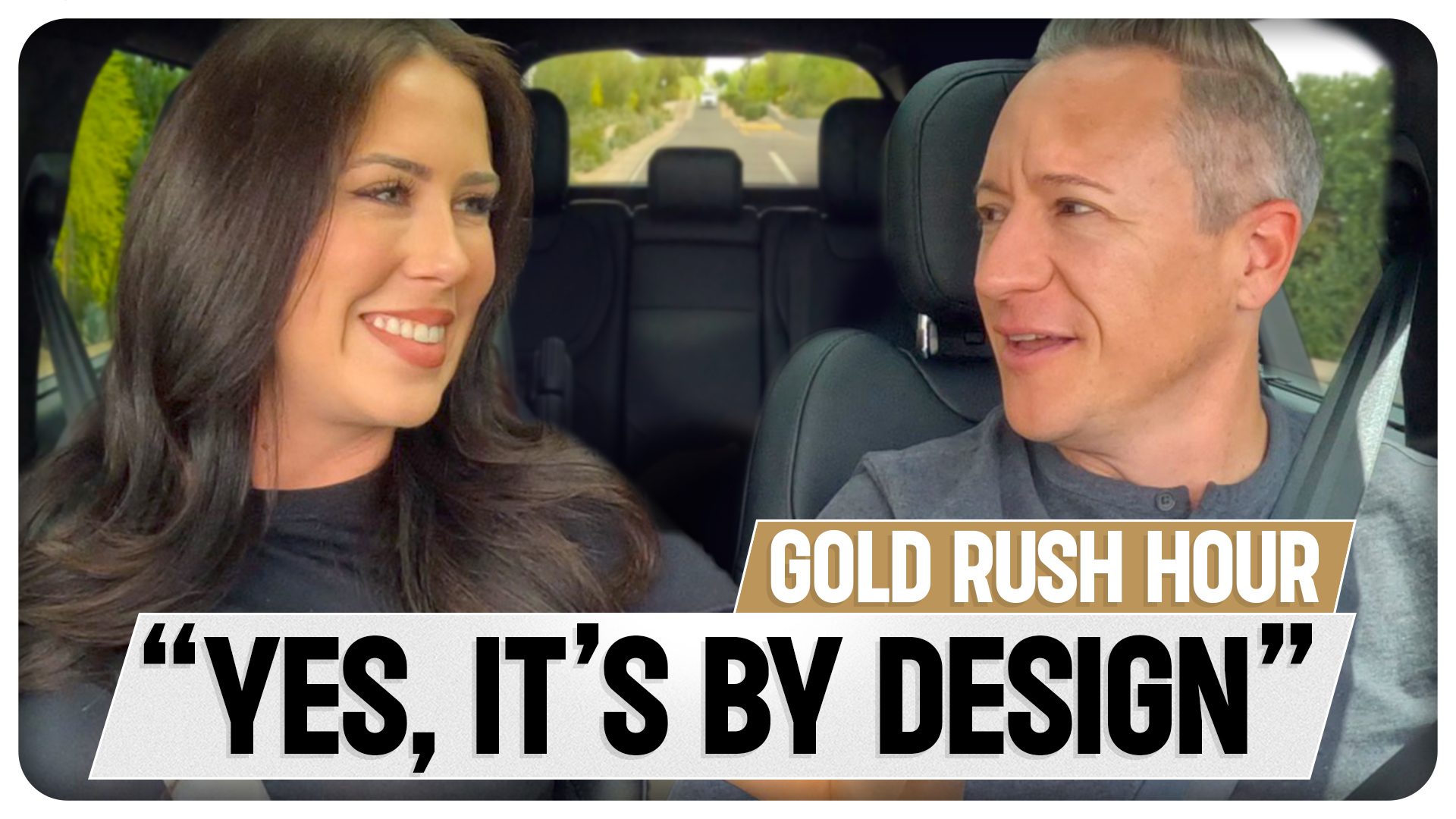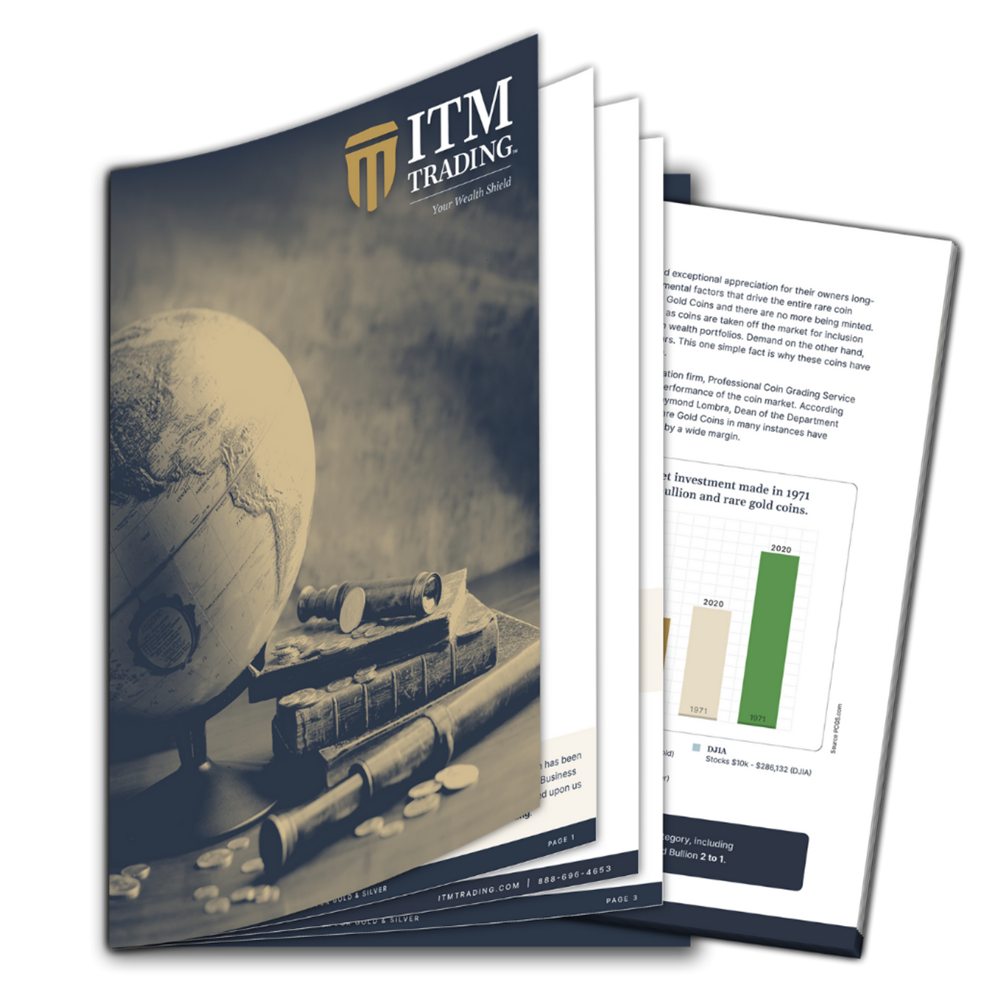“THE GREAT TAKING” Documentary (Expanded) | Part 2
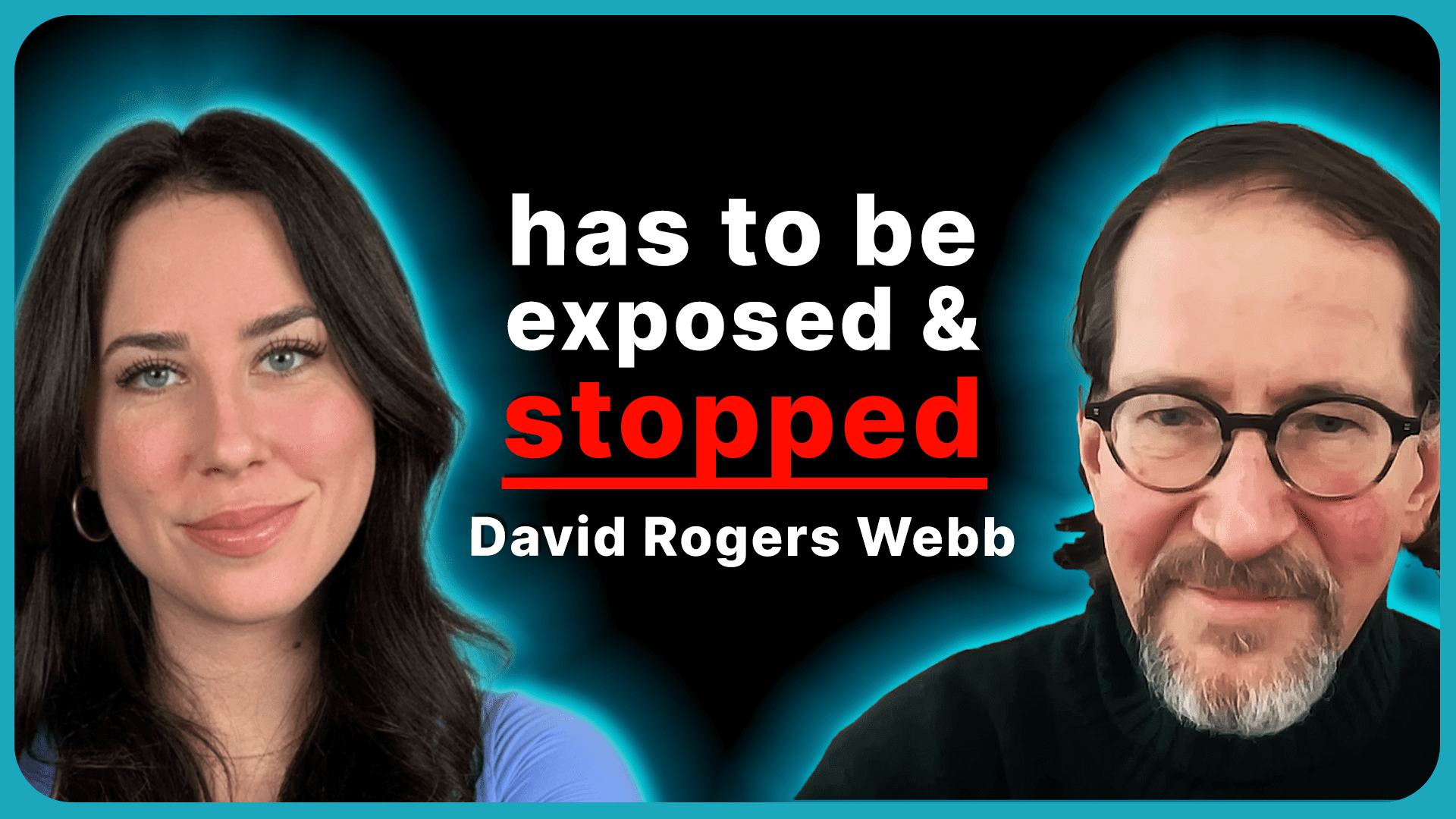
In a follow up to her breakdown of the Great Taking, Taylor Kenny takes a deeper dive to uncover a chilling truth about modern finance, where changes in security ownership laws leave you vulnerable to asset seizure in cases of insolvency.
CHAPTERS:
00:00 Personal Asset Risks
01:16 The Great Taking Expanded
02:53 Pooled Assets
05:31 Federal Reserve Official Response
TRANSCRIPT:
What if the assets that you owned no longer belonged to you and instead were legally owned by the very institutions you entrusted them to without even realizing it? This very well could apply to you. Thanks to a long-planned agenda that has changed the legal framework of our entire financial system, today will unravel the unsettling truth about changes in security ownership laws. What these changes mean for you in the case of insolvency and the greater implications that all of this will have on your financial future. I’m Taylor Kenney with ITM Trading and this is Taylor Made Economics.
Imagine a world where the investments that you paid for that you thought were yours were actually legally owned by the intermediary, the bank, or the broker who was holding them. One day you wake up to find that that broker has gone insolvent and suddenly you are shocked to discover that you have no legal recourse, no claim to those assets secured creditors are prioritized and you are left with nothing. You might have already guessed it, but the world that I described is actually the world we live in now. Most of you are probably familiar with David Webb, author of the book and documentary The Great Taking. In the Great Taking, David Webb lays out how the current debt accumulation cycle that we’re living in isn’t an accident, but rather an expertly executed and well-thought out plan to result in the greatest wealth transfer of all time. And if you’re not familiar with it, don’t worry. Today I am going to be breaking down a new video by David, which expands on a critical component of the transfer, which is the loss of legal ownership of your securities. What that means in case of insolvency and the greater implications on your financial future.
But before we get into the implications, it’s important to understand how these changes were implemented. In 1994, the concept of a security entitlement holder was introduced in Article eight of the Uniform Commercial Code, or UCC. The UCC is a standardized set of regulations that has now been adopted as law in all 50 states. Historic early whatever securities you owned legally were yours. You had personal property rights and therefore you were protected. But what changed is that they severed those personal property rights and instead introduced this concept of security entitlement holder. Under this provision, the legal owner is not you, but rather it’s the intermediary, which could be the brokerage firm or the Clearing Corporation, whoever is holding these securities on your behalf. They become the actual registered owner, and it’s very creative how they were able to achieve this. They’ve done it by making all of these securities pooled or collective form. By doing this, you’re no longer able to protect your specific rights. Instead, you just have a contractual will claim on a portion of that pool. Now, I know what you might be thinking. Well, that’s just not possible because I can go into my account when I log in and I see what I have. I can sell it if I want to. I get paid interest. And you are not wrong. Yes, you can do all of those things because of something called beneficial ownership rights. It’s so sneaky because on the surface, beneficial ownership versus actual ownership look and feel the same, which is why so many people aren’t even aware that this has happened. But let me tell you, just because it feels the same doesn’t mean it is. You don’t have legal ownership and that is massive. And why is this so massive? Why does it matter so much that you don’t have legal ownership? Let’s take a look at the actual owners here.
Maybe it’s the person you’re doing direct business with, i.e. Charles Schwab or maybe it’s an intermediary even above them. Or it could be someone above them. In fact, you might not even realize that there could be 100 degrees of separation between the person. You’re doing direct business with the record keeper and the actual entity that owns your securities. So let’s say something happens to your brokerage firm or to the Clearing Corporation or whatever entity it might be. Maybe they had a ton of exposure from derivatives and suddenly they find themselves insolvent. You would think that you would have a claim to those assets to recoup your wealth, but in fact, you have little to no legal standing. And in the case of insolvency or any kind of financial difficulty, the changes to the UCC code now state that secured creditors, lenders have priority in receiving assets from that intermediaries holdings. This means if there’s anything left after the creditors have been paid, it would be divvied up at the likelihood of that is slim. You know as well as I do that they are going to go in there and get everything they can get their hands on. Even in the case of fraud. Yes, you heard me correctly. In the case of fraud, you are still not protected because you don’t actually have a claim to any specific assets. Now, I know some of you might be sitting there wondering, well, I think my securities are segregated, so I’m not sure if this applies. How do we know that My claim wouldn’t be honored. It’s a valid question, but we know this is the case because they’ve said so thanks to a legal response prepared by the New York Federal Reserve Bank. All of this has been explicitly outlined in David’s latest video. He shows us how this document states that there is no segregation of assets and that you will always be an entitlement holder. The document then goes on to explain how entitlement Holder claims are weakened so that secured creditor claims are protected. The reason that this is so important is because the current legal framework will make it near impossible for you to reclaim any of your assets should anything go wrong, leaving you vulnerable.
Do you trust our current system? Because many would believe that this is just one piece of a much larger puzzle that’s leading us to a reset and wealth transfer on a scale that we have never seen before. David has a terrific analogy when talking about that big picture puzzle here. He says it’s almost like a monopoly board where all of the assets, all of the collateral get swept back up into the bank. They say, well, we’re starting the game over. We have everything. What do you want? They start loaning it out. That’s how they get you. You’re desperate. They own you. And the cycle continues. it’s so important that we continue to talk about what’s going on, share what’s going on with our loved ones, and make sure that we’re staying informed of what is happening. If you haven’t watched or read The Great Taking yet, Run Don’t walk. Or if you’re interested in a condensed version, I did a summary video highlighting all of David’s key points, breaking them down for you. You can see it by scanning the QR code or clicking the link in the description below. And as always, we are here to learn and grow together. You are not alone. Thank you so much for being here. I’m Taylor Kenny with ITM Trading. Until next time.
SOURCES:
https://www.law.cornell.edu/ucc/8
https://ia802601.us.archive.org/32/items/ec-clearing-questionnaire/EuCommission2005a.pdf
